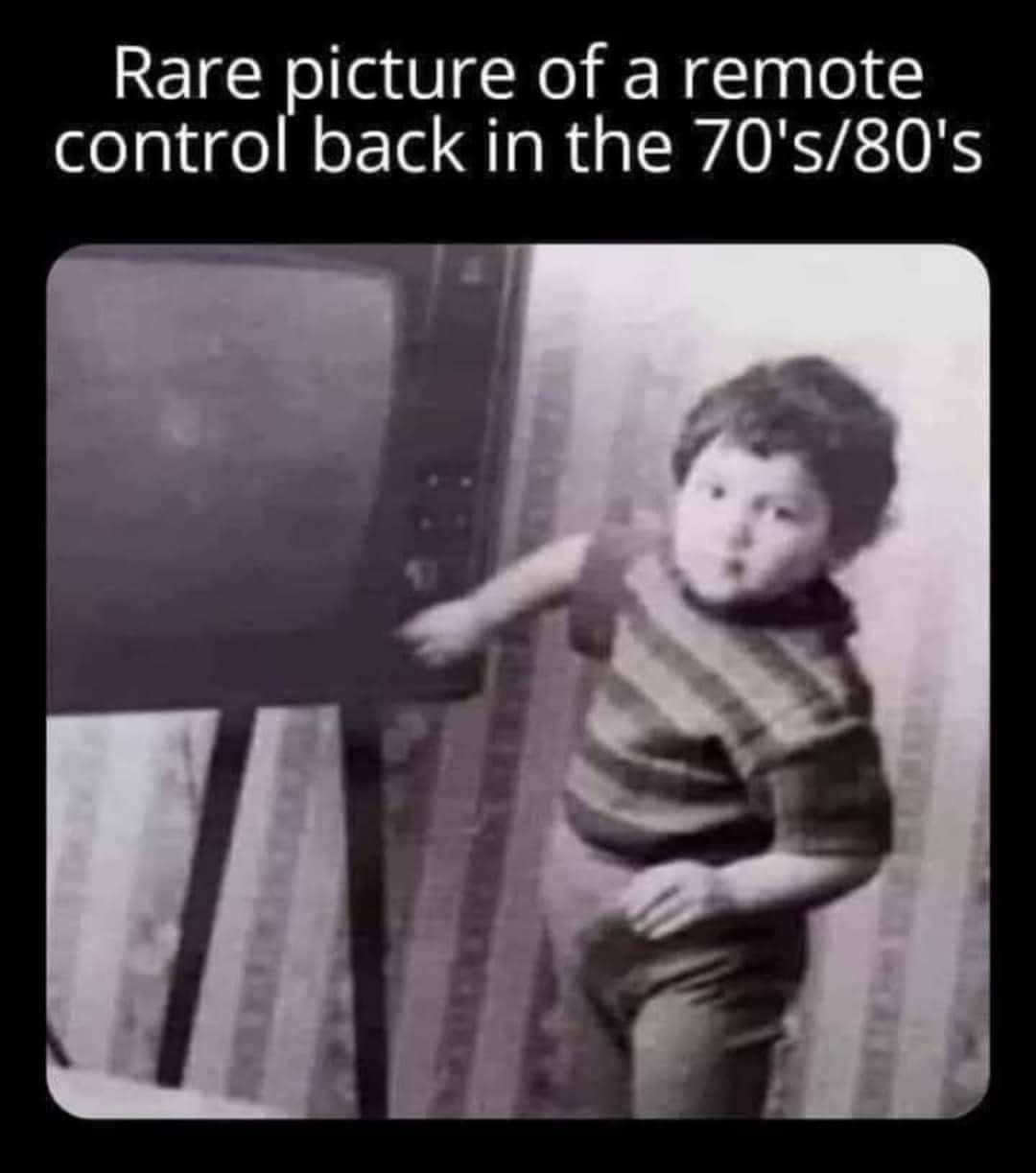There’s a scene in the movie Ingrid Goes West where two of the characters borrowed another friend’s truck and they don’t return it on time, causing him to miss an important event. On top of that, they don’t answer his frantic calls and they drive the truck while intoxicated and high and wreck it, causing significant damage to it. When they finally return the truck the next morning, dents and all, the apology given to the truck owner is so flimsy, light, and half-hearted, you would have thought they had just stepped on his toe. “Sorry, it was an accident,” was basically the flippant, flat reparation given to the stunned victim.
The movie is a comedy of sorts and you do find yourself laughing at the absurd audacity of the lack of concern on the characters’ parts, for the serious distress and upset they caused for their friend. I think why this scene seems so appallingly funny, is because most of us do the exact opposite. When we do something wrong or make a mistake, we flog ourselves endlessly for days on end, until finally we find another mistake that we have made to punish ourselves for, and we move on to punishing ourselves for the new offense.
“Dwelling on mistakes will not erase them.” – Smart Thinking, twitter
Sometimes it feels like, if we beat ourselves up enough, then that will beat the mistake into thin air, like it never happened. We all know that doesn’t work, but we certainly give it the “old college try”, don’t we?
“Your best teacher is your last mistake.” -Smart Thinking, twitter
If we change our perspective on our mistakes, we learn a lot from them. That is certainly a more fruitful thing to do than beating ourselves up into a state of despondency that is doing nothing for us or for the person or persons whom we hurt. Bottom line, we all make mistakes and errors of judgment. This is part of our being human. We need to own our transgressions, apologize soulfully from our hearts and empathize with what it must feel like for the person we hurt, in order to best deal with and move through our mistake. Next, we need to make fair amends where we can, by doing what we can do to compensate for the pain that we caused for another being. And finally, we need to forgive ourselves and let it go. Whether the other party chooses to forgive us, is up to them and on their own time schedule. We can still forgive ourselves, though. Feeling forgiveness, like happiness, is an inside job that we do for ourselves in order to live in a peaceful, emotional state.
When we learn from our mistakes, we can almost change our perspective to see the lessons that they bring to us, as astute gifts of wisdom. Sometimes the person we have hurt is ourselves, and we must take the very same steps to work through the offense of hurting ourselves, so that we can move on with a clear, peaceful conscience and the wisdom to do better in the future.
“What was your best experience?
Answer: It was your worst experience.
Why?
Because it was so convincing.” -unknown



